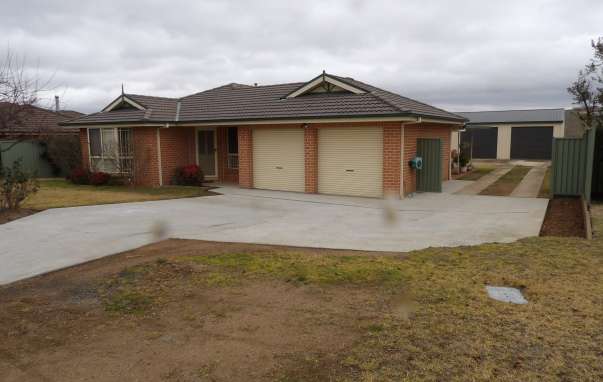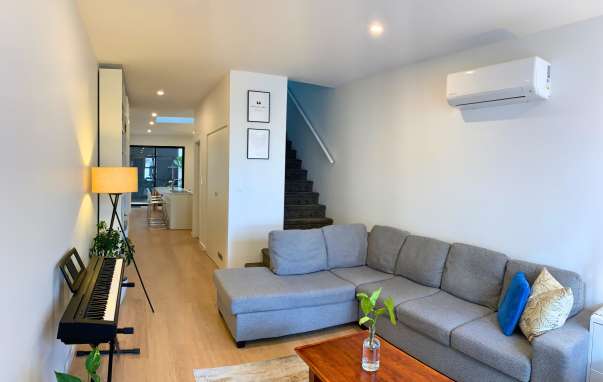Renting out a property without a real estate agent can save time and money—but it also comes with responsibilities. If you're leasing your property independently, a private tenancy agreement template is one of the most important tools you can use. This document sets the groundwork for a legally sound and mutually respectful relationship between landlord and tenant. It outlines the rights, duties, and expectations for both parties, helping to prevent future disputes.
Here’s a practical guide to writing a lease and why using a private tenancy agreement template can make your rental journey easier and more secure.
Protecting Your Legal Interests
The main reason to use a private tenancy agreement template is legal protection. A well-drafted agreement ensures you comply with local laws and housing regulations. If disputes arise—such as late payments or property damage—you’ll have written proof of the terms both parties agreed upon. A good template includes clear language around rent due dates, bond collection, maintenance responsibilities, and termination clauses. With these in writing, you’re in a much stronger position if you need to take legal action or defend yourself.

Saving Time and Avoiding Mistakes
Writing a lease from scratch can be overwhelming, especially if you're not familiar with legal jargon or the specific laws in your region. A guide to writing a lease typically includes essential terms and standard clauses based on current landlord-tenant laws. Templates eliminate the guesswork. You won’t forget critical details such as property address, rental amount, or lease term length. Instead of drafting a new contract for each tenant, you can use the same template and tailor it slightly to match the new terms.
Customizing for Your Property and Terms
Using a private tenancy agreement template doesn’t mean you’re stuck with a generic document. Quality templates are flexible and customizable. Whether you’re leasing a single-family home, a granny flat, or an apartment, you can adapt the template to reflect your property type and leasing preferences. Want to allow pets? You can add a pet clause. Prefer tenants handle lawn care? Include that condition in the maintenance section. Templates serve as a structure you can modify to suit your needs while keeping the legal essentials intact.
Building Professionalism and Trust
First impressions matter. When you present a clear, professionally formatted lease, your tenants are more likely to take the rental seriously. It shows you're organized and care about transparency. A well-prepared lease fosters trust, helping to build a positive landlord-tenant relationship from the start. Using a private tenancy agreement template demonstrates that you’ve taken time to prepare a fair and detailed contract—one that protects both parties equally.

Supporting Independent Landlords
Companies like For Sale By Home Owner empower everyday property owners to manage real estate transactions without agents. That same independent spirit applies to leasing. If you’re renting out property on your own, a guide to writing a lease—backed by a solid tenancy template—allows you to retain control while staying legally compliant. By using a reliable agreement template, you gain the confidence to manage your property like a professional.
Reducing Disputes and Misunderstandings
Many landlord-tenant issues stem from vague or missing agreements. Miscommunication over rent increases, utility payments, or notice periods can quickly escalate. A detailed lease acts as a reference point, reducing the risk of disagreements. Tenants know what to expect, and landlords can point to the signed agreement if confusion arises. This clarity creates a smoother rental experience for everyone involved.
Conclusion
Using a private tenancy agreement template is one of the smartest steps you can take when renting out property independently. It offers legal protection, saves time, and creates a professional tone from day one. Templates provide structure while still allowing for customization, helping landlords stay in control without missing key legal elements. Whether you're new to leasing or an experienced property owner, resources from trusted platforms like For Sale By Home Owner can guide you through the process confidently.





Comments